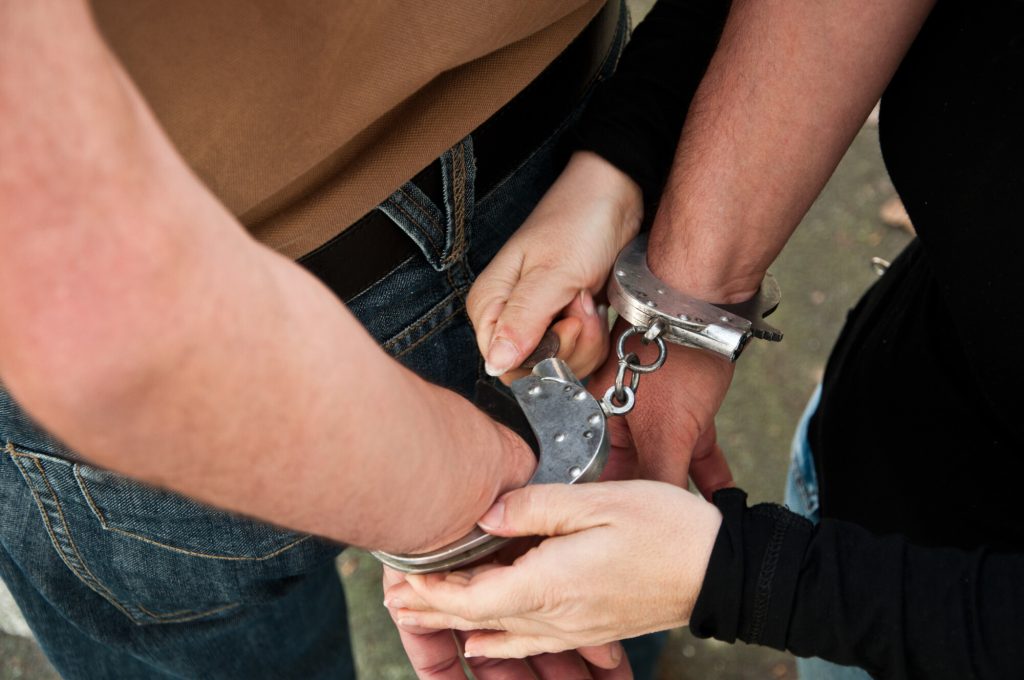Petty larceny, also known as petty theft, is one of the most commonly charged offenses in Virginia. A conviction for petty theft can have surprisingly wide-ranging effects, even if it would appear to be a minor offense in comparison to more serious crimes. If you’re facing a petty larceny charge, understanding what the offense entails, the issues that commonly arise in these cases, and the potential impact on your criminal record is essential.
What Is Petty Larceny In Virginia?
Virginia law defines larceny as the theft of property with the aim to permanently deprive it. Petty larceny is defined by Virginia Code § 18.2-96 and applies when:
- The value of the stolen property is less than $1,000 or
- The property is taken directly from a person and is worth less than $5.
Unlike grand larceny, which involves higher-value items or more serious circumstances, petty larceny is a Class 1 misdemeanor. But make no mistake—this classification can still carry harsh penalties and long-term consequences.
Common Legal Issues In Petty Larceny Cases
Even though petty theft might seem simple, there are a number of persistent problems that might influence how a case turns out:
- Mistaken Identity
Retail thefts often rely on surveillance footage or eyewitness testimony. If the quality of the video is poor or if witnesses are unsure, the wrong person may be accused. Misidentification is a frequent defense angle in larceny cases.
- Lack Of Intent
Intent is a critical element in proving larceny. The accused’s intention to permanently deprive the owner of the item must be proven by the prosecution. For example, walking out of a store distracted while holding unpaid merchandise might be a mistake rather than a crime.
- Chain Of Custody Issues
Evidence, such as video footage or physical items, must be handled properly. Inconsistencies in the chain of custody may jeopardize the prosecution’s case.
- Value Disputes
The classification of larceny as petty or grand depends on the item’s value. Disputes over the price or worth of an object can affect whether a case is treated as a misdemeanor or felony.
- First-Time Offender Considerations
While Virginia courts can be strict, first-time offenders may be eligible for deferred disposition programs or alternative sentencing. However, this option is not guaranteed and often depends on the specifics of the case and the defense strategy.
Legal Consequences Of A Petty Larceny Conviction
Being convicted of petty larceny in Virginia can result in:
- Up to 12 months in jail
- Fines up to $2,500
- Court costs and restitution to the victim
- Probation or community service
- Mandatory theft counseling programs
But the impact doesn’t end there. A misdemeanor conviction for a theft-related offense carries social stigma and lasting effects that can influence every aspect of your life. Understand the impact of a petty larceny conviction in VA—and seek legal guidance to protect your future.
Long-Term Impact On Your Record
Perhaps the most significant concern with a petty larceny conviction is the permanent criminal record it creates. Here’s how that can affect your life:
- Employment Challenges
Many employers conduct background checks. A conviction for theft can raise red flags, especially for jobs involving money handling, customer service, or sensitive information. It may even disqualify you from certain industries altogether.
- Housing Applications
In competitive rental markets, landlords may be reluctant to rent to individuals who have been convicted of larceny. Petty larceny can be viewed as a sign of untrustworthiness.
- Educational And Licensing Barriers
Some colleges, universities, and professional licensing boards take criminal convictions into account during admissions or certifications, affecting your ability to pursue certain careers.
- Immigration Consequences
For non-citizens, a petty larceny conviction could trigger deportation proceedings or denial of visa or green card applications, especially if the offense is considered a crime involving moral turpitude.
- Repeat Offender Consequences
In Virginia, a third conviction for petty larceny—even if the stolen item is under $1,000—can be charged as a felony under Virginia Code § 18.2-104, with harsher penalties, including state prison time.
Expungement Is Limited
Unfortunately, Virginia law does not allow the expungement of convictions for criminal offenses, including petty larceny. That means once convicted, the charge remains on your record permanently unless you receive a pardon—an extremely rare outcome.
However, if you are acquitted or the charges are dismissed, you may be eligible to have the record expunged. This is one reason why fighting the charge with experienced legal counsel is so important.
Conclusion
While petty larceny may seem minor, a conviction can have major and lasting consequences. Your job, schooling, housing, and even immigration status may be affected, and you may face jail time or a permanent stain on your record. If you or a loved one is facing a petty larceny charge in Virginia, don’t wait to take action.

